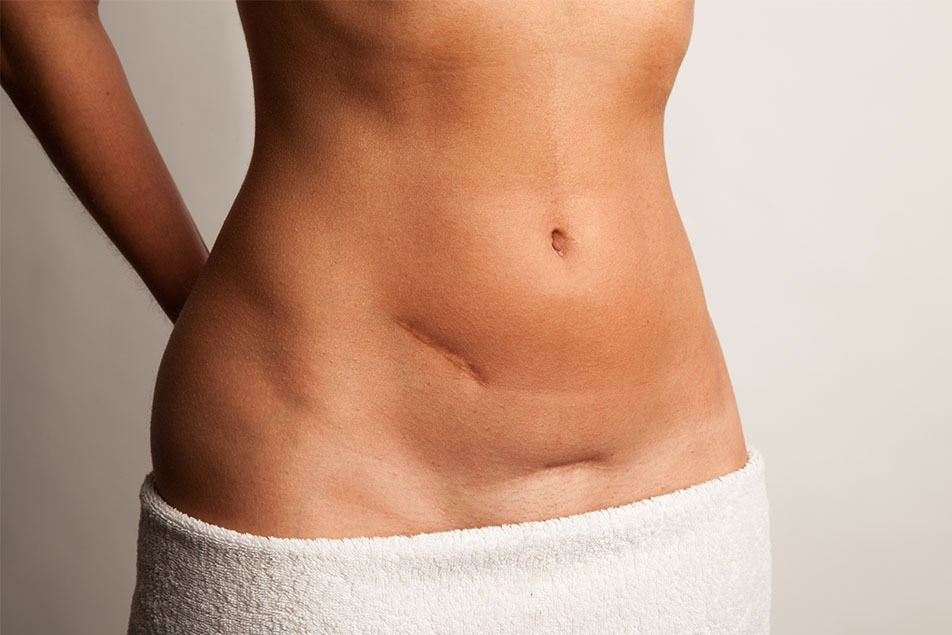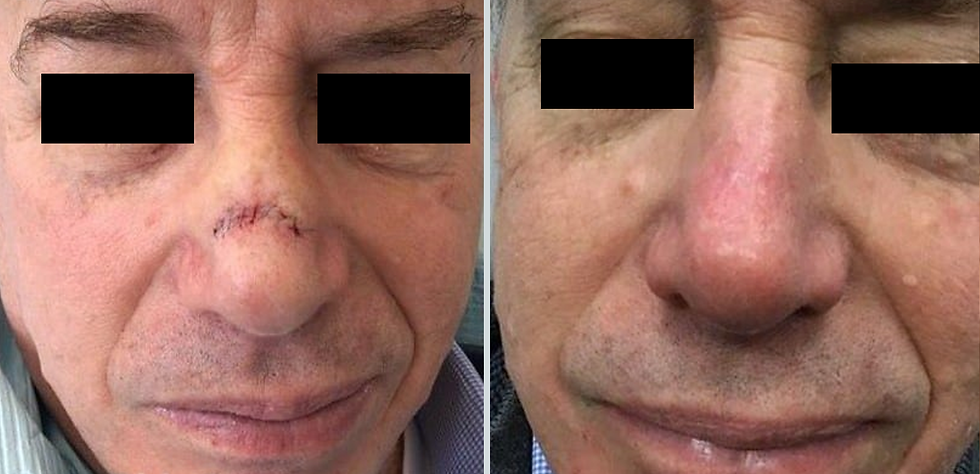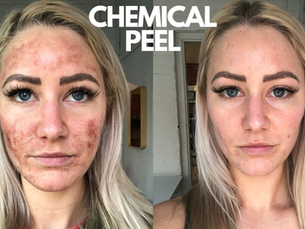
The Types of Scars We Treat
Atrophic Scars
Indented scars that sit below the surface of the skin — often caused by acne or chickenpox.
Hypertrophic Scars
Thick, raised scars that stay within the boundary of the original wound.
Keloid Scars
Larger, overgrown scars that extend beyond the original injury — more common in darker skin types.
Post-Surgical Scars
Scars resulting from incisions or stitches, which may become raised, tight, or discoloured.
Stretch Marks (Striae)
A type of scar that forms when the skin is stretched rapidly — often from weight changes, pregnancy, or growth spurts.
Post-Inflammatory Scarring
Discolouration or texture changes left after acne, burns, or injury — including red, brown, or white flat marks.

No treatment can “erase” a scar entirely, but many advanced options can significantly reduce their appearance—making them flatter, smoother, and less visible. Our goal is noticeable improvement, not false perfection.
It depends on the type of scar.
-
Indented scars often respond well to microneedling, chemical peels, or laser.
-
Discolouration (red or brown marks) may fade with topical creams or peels.
-
Boxcar or rolling scars might need combination therapy.
Your dermatologist will assess your skin and create a custom plan.
-
Some scars do fade naturally over 12–18 months—but most textured or dark scars stop improving after a point. Early treatment can speed up recovery and lead to better long-term results.
Yes. We offer treatments like laser resurfacing, silicone gel therapy, and microneedling to soften and fade surgical scars—even years after the procedure.
Yes, with proper early care. We can provide preventive protocols, including wound care guidance, scar-reducing topicals, and sometimes laser or steroid injections to reduce risk.
Absolutely. But it’s important that treatments are chosen carefully to avoid triggering hyperpigmentation or worsening the scar. We specialise in scar care for all skin tones, including darker and sensitive skin.
Scarring Treatments Pricing
Scarring Consultation (Adult)
Dermatology Consultation
Personalised Treatment plan
From £120
Types of Treatments

Topical Treatments
01
For mild scarring or early post-inflammatory marks, we may recommend prescription or clinic-grade creams to support skin renewal and reduce discolouration. These can include:
-
Silicone gels – to flatten and soften raised scars
-
Retinoids – to boost collagen and improve texture
-
Lightening agents – to fade red or brown pigmentation
-
Soothing actives – to calm inflammation and prevent scar thickening
These are often used as part of a broader treatment plan, or as aftercare.

In-Clinic Procedures
02
For visible or textured scars, professional in-clinic treatments offer dramatic improvement:
-
Microneedling
Boosts collagen production, improving the texture of indented or atrophic scars. -
Chemical Peels
Helps resurface the skin and fade discoloured scarring from acne or trauma. -
Laser Resurfacing (e.g. fractional laser)
Reduces raised scars and smooths uneven texture. Effective for acne scarring and surgical scars. -
Steroid Injections
Used for thick, raised (hypertrophic or keloid) scars to flatten and reduce discomfort. -
Surgical Revision
For more severe or surgical scars, a dermatologist may suggest re-excision or scar blending techniques to improve final appearance.
These treatments are customised for scar type, location, and skin tone.

Internal or Structural Support
03
While scars are external, some treatments work by supporting skin regeneration from within. These are often used alongside in-clinic procedures to enhance results:
-
PRP (Platelet-Rich Plasma)
Uses your own blood’s growth factors to boost healing and collagen production — especially effective for acne scars and scar texture. -
Skin Boosters & Injectable Hydration
Micro-injections of hyaluronic acid to plump and smooth the skin from within, improving the look of indented or tired-looking scars. -
Collagen Support Protocols
Supplement-based or prescribed protocols (e.g. collagen peptides, certain vitamins) may be recommended post-treatment to aid skin recovery and structure.
These options are typically used to enhance overall skin quality, especially where scars have caused visible texture loss or tightness.
Our Expert Dermatologist.
Our expert dermatology team combines medical excellence with a personalised approach.
Led by GMC-registered consultants, we bring years of experience in treating both complex skin conditions and delivering advanced cosmetic care. At Manchester Dermatology Clinic, you’re in the hands of trusted specialists who are dedicated to helping you feel confident in your skin.
Consultant Dermatologist
Dr. Sarah Quill

Dr. Quill is passionate about treating both medical and cosmetic concerns, from eczema and psoriasis to pigmentation and ageing skin.
Dermatology Practitioner
Syedehzahara

With a strong foundation in clinical dermatology, Syedehzahara provides expert support in diagnosing and managing a wide range of skin conditions.
Consultant Dermatologist
Dr.Morgan James

With over 15 years of clinical experience, Dr. James specialises in mole checks, skin cancer screening, and minor dermatological surgery.










